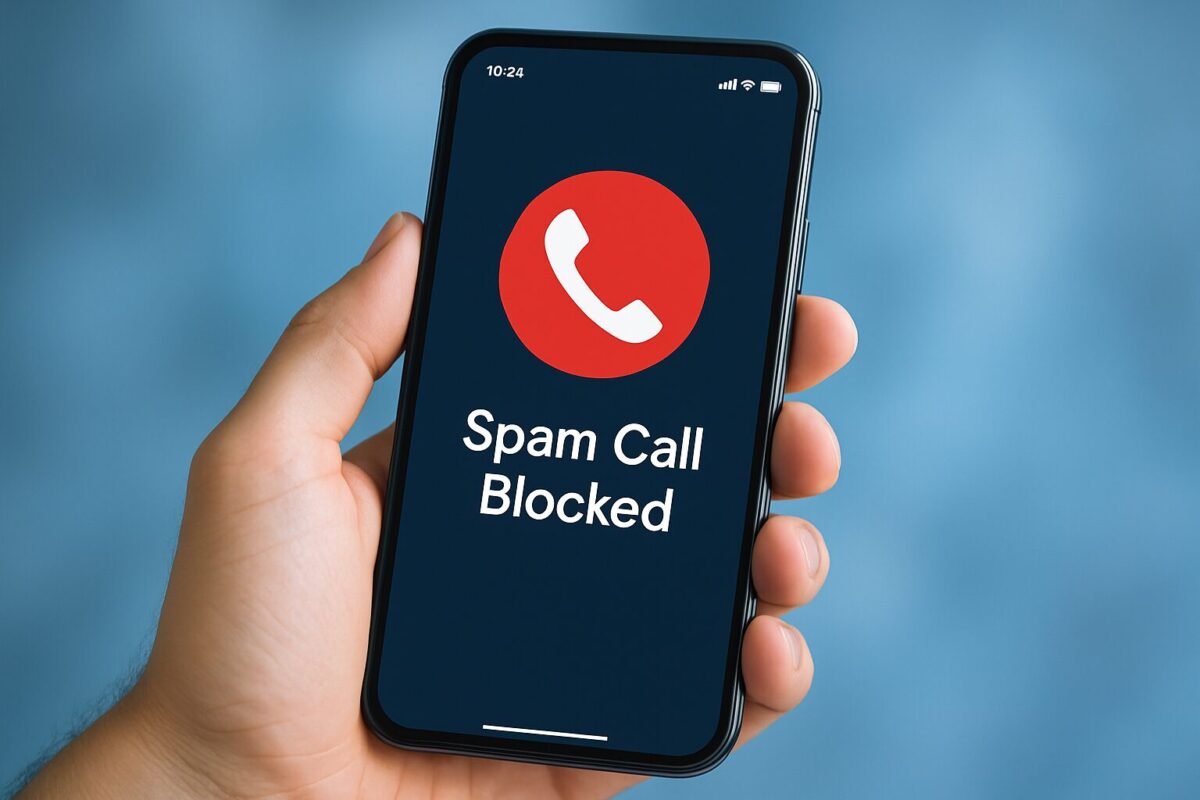
Ukraine Will Block Spam Calls: How the New Mobile Protection System Works
Starting in 2025, Ukraine is rolling out a new national framework to combat spam calls, aggressive advertising, and mobile fraud. This is one of the country’s most ambitious reforms in the telecommunications sector to date. For the first time, a comprehensive system is being implemented to protect mobile userfrom internet speed monitoring to individual rights to block unwanted numbers.
The reform was officially announced by Vice Prime Minister and Minister of Digital Transformation Mykhailo Fedorov. It is based on Cabinet Resolution No. 761, adopted on June 25, 2025.
What’s Changing: The Key Elements
- Mobile operators will be able to block spam, telemarketing, and suspicious calls.
- Businesses must sign agreements and register numbers with operators.
- Users will gain full online control over content services.
- Internet speed must now be clearly stated in contracts.
- Special protections apply to users in frontline zones.
These aren’t just guidelinethey are binding legal requirements, rolled out in phases across all mobile networks.
How the Spam Filter Will Work
The reform targets “non-productive” callshort or mass automated calls that don’t facilitate real communication. These calls, often generated by bots or illegal call centers, account for the majority of spam in Ukraine. From now on, any company that wants to contact customers by phone must:
- sign an official agreement with the operator, and
- register each number used for outgoing calls.
Unregistered numbers may be automatically blocked or flagged as suspicious. For regular users, this means a significant reductio or even complete elimination of anonymous spam calls.
What Users Can Do Themselves
The reform gives mobile users new rights:
- You can now manage paid content services directly through your online account.
For example, disabling paid subscriptions without calling customer service. - Internet speed must be clearly defined in your contract.
If your contract states 100 Mbps, but your actual speed is 40 Mbps, you now have the right to file a complaint with the telecom regulator (NCEC) or take legal action.
Previously, vague language such as “up to 100 Mbps” allowed operators to escape accountability.
Special Protection for Frontline Zone Users
A separate block of the reform ensures mobile access for residents of war-affected regions. These users will:
- not have their SIM cards deactivated due to missed payments, and
- receive a free communication package when reconnecting to the network.
This provision is already partly in place but will now be formalized by la ensuring essential connectivity for those in high-risk areas.
Timeline: When It Takes Effect
The reform will be phased in, depending on operators’ technical readiness:
- Most provisions come into effect three months after the resolution is published (late September 2025).
- Complex technical features are expected to roll out over 12 months, i.e., by summer 2026.
Mobile operators must use this time to upgrade their systems, update contracts, and build user interfaces that support these changes.
Who Oversees Compliance
The National Commission for State Regulation of Communications and Informatization (NCEC) will monitor compliance. Users can file complaints about:
- breach of contract,
- failure to block spam,
- unauthorized content services,
- false or misleading internet speed promises.
Severe violations may result in court action or administrative penalties.
Why This Matters And Why Now
Ukraine remains a prime target for cyberattacks, phishing, and telecom fraud. According to the Ministry of Digital Transformation, Ukrainian specialists fend off thousands of digital attacks every mont many of which start with phone calls, fake SMS, or “bank security” scams. This new framework is more than a cleanup of telecom practices it’s a defense mechanism against fraud, cybercrime, and digital exploitation.
Ukraine is moving closer to telecom standards found in advanced economies, where users are not just customersbut protected parties with enforceable rights.
- Clean, transparent calling infrastructure
- User power to block spam
- Contractual clarity over service quality
- Digital safeguards in war zones
These aren’t just technical updates they’re a reset in how Ukrainian users interact with their mobile providers. And that shift, built on clarity and accountability, is the real change.













